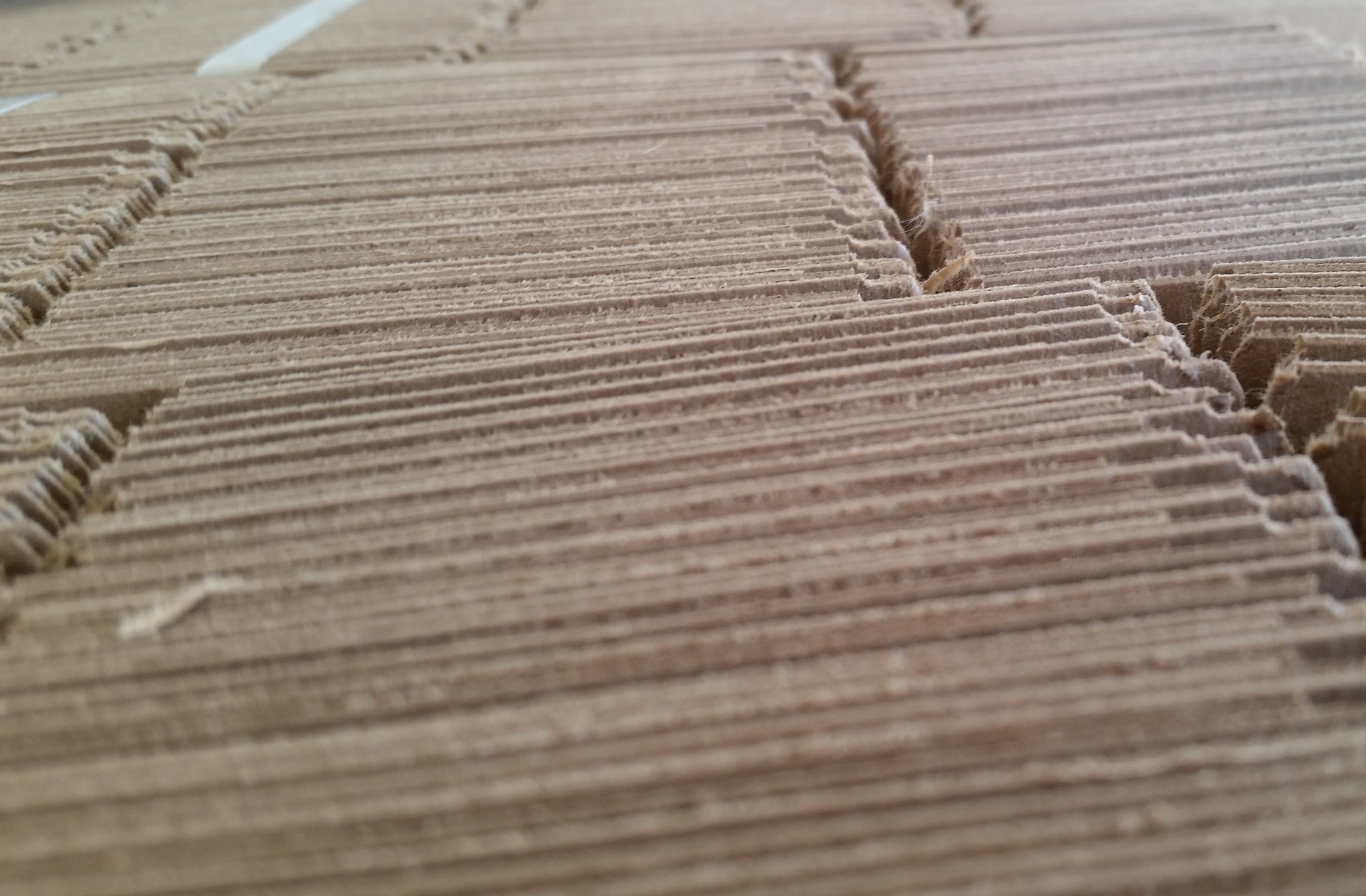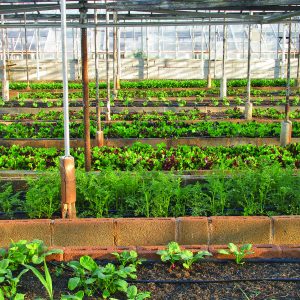Brief description of the technology solution and the added value it provides
Researchers from Universidad Politécnica de Madrid (UPM, Spain) and Instituto Nacional de Investigación y Tecnología Agraria y Alimentaria (INIA, Spain) have isolated and characterized the fungal strain Hormonema sp. CECT 13092, which offers improvements when is applied to different processes of the cellulose industry, specifically in the pulping and bleaching processes in pulp and paper production, and the production of lignocellulosic ethanol during the saccharification step. Thus, in the pulp and paper production the application of the strain decreased the consumption of chemical reagents during the pulping process and increased the quality of pulps obtaining higher brightness levels during the bleaching process. Regarding to the production of bioethanol, the strain improved the production of fermentable sugars during the saccharification. The strain shows ease and stability in its cultivation and storage.
Description of the technological base
The patented strain offers improvements in several processes of the pulp and paper industry and the production of second generation biofuels.
The application of the mentioned strain on eucalyptus chips improved the Kraft pulping process to obtain pulp and the enzymatic saccharification to obtain fermentable sugars to ethanol. Improvements were also observed in the TCF (Totally Chlorine Free) bleaching process of eucalypt Kraft pulp when the crude produced by the strain, enriched in laccase enzyme, was used. The fungus grows mainly in the form of yeast, which facilitates the homogenization of inocula and the subsequent application with respect to mycelial fungal form. The strain can be grown at room temperature in conventional media for fungi and maintains their viability at 4 ° C, which facilitates long-term storage.
“The strain shows advantages in terms of stability and ease of CULTURE compared with other strains traditionally used in the industry”
Market demands
Energy
- Declining oil reserves coupled with rising emissions of greenhouse gases (GHG) has led to a growing interest in the production and use of alternative fuels to current fossil fuels.
- Biofuels (ethanol and biodiesel) are one of the few renewable alternatives to replace fossil fuels in the transport sector in the short term [CIEMAT].
- Alternatively to the 1st generation ethanol produced from sugar and starchy biomass, the 2nd generation ethanol uses lignocellulosic biomass as feedstock, including non-food waste materials plentiful and cheap from agricultural, forestry and industrial activities.
Paper and cellulose industry
- The manufacture of pulp, paper and related products is one of the main industrial uses of lignocellulosic biomass globally.
- The progressive paper adaptation to new needs such as paper packaging, hygienic and sanitary papers, specialty papers, etc., has increased the global demand for paper by an average of 4.7% by year in the last 40 years [ASPAPEL].
“The need to reduce GHG emissions and develop alternatives to oil has led to a growing interest in the production and use of biofuels”
Competitive advantages
- BIOPULPING: Compared to the control without fungal treatment, the new strain permitted to obtain an improvement in the delignification during the Kraft pulping of 26.7%. In the same way, the final brightness (% ISO) of the Kraft pulp was 8.3 points higher. It was also possible to reduce the consumption of NaOH during the pulping by 9%, not observing a reduction in the mechanical properties of the obtained pulps.
- BIOFUELS: The patented strain permitted to increase the saccharification yields by 33%. This improvement was increased when an autohydrolysis pretreatment was applied prior to the fungal treatment, increasing the saccharification yields by 204%.
- TCF BLEACHING: The application of the enzymatic crude prior to the TCF bleaching sequence improved the delignification by 5% and increased the brigthness (% ISO) 3,3 points.
Development stage
- Concept
- Research
- Lab prototype
- Industrial prototype
- Production
Contact
Contacto solución tecnológica
Juan Antonio Martin García;
e:
Contacto UPM
Área de Innovación, Comercialización y Creación de Empresas
Centro de Apoyo a la Innovación Tecnológica – UPM
e:















